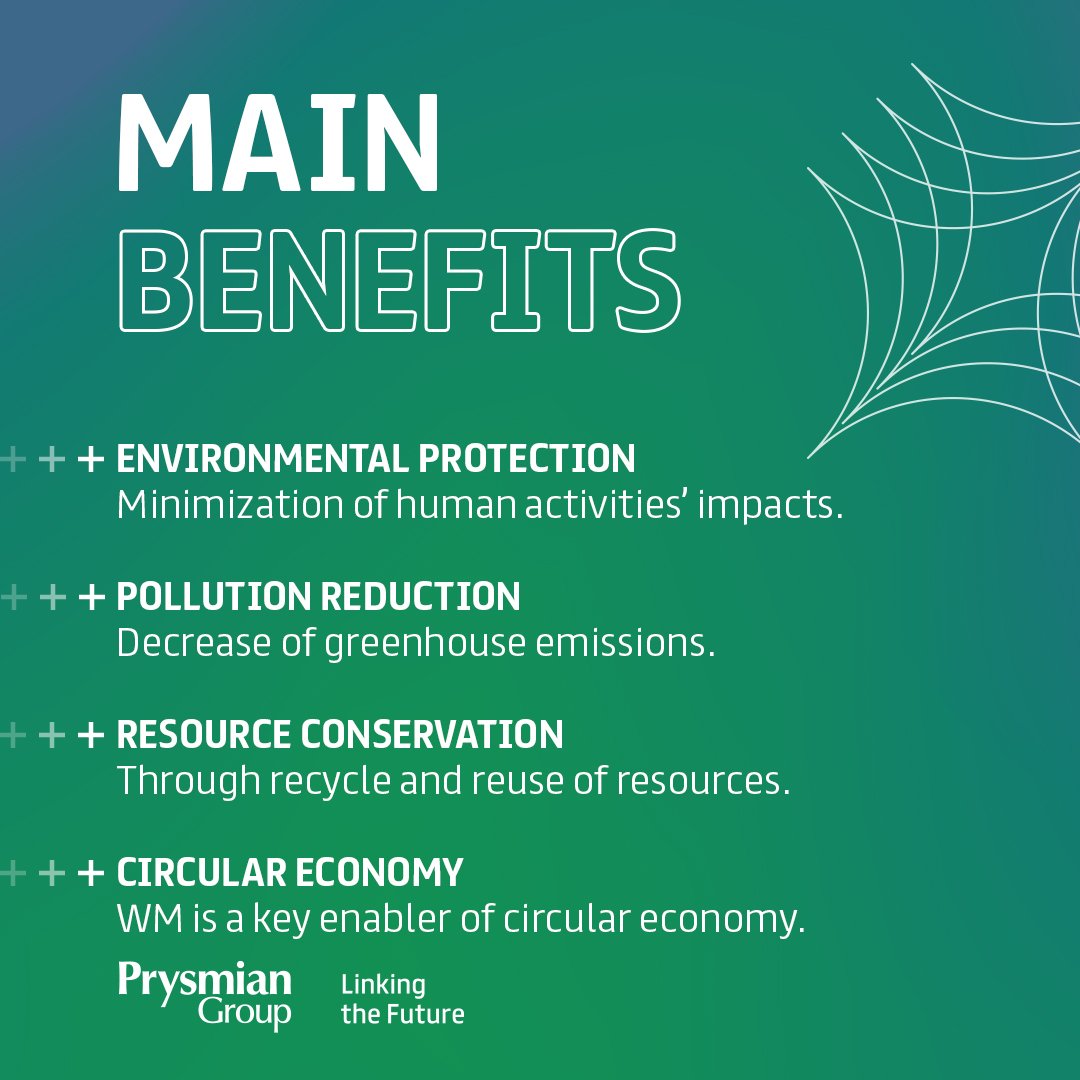More About Reclaim Waste
More About Reclaim Waste
Blog Article
Reclaim Waste - Questions
Table of ContentsA Biased View of Reclaim WasteUnknown Facts About Reclaim WasteReclaim Waste for DummiesLittle Known Questions About Reclaim Waste.Some Of Reclaim Waste
Check out the kinds, occurrences, and forms of liquid waste. Residential sewer waste describes the waste and items from a domestic septic container. This kind of waste is created by human beings in homes, institutions, and other structures. This only includes septic systems that have a drain area. The appropriate management and disposal of domestic sewer waste need liquid waste to be transferred to a sewer treatment plant where the correct approaches and equipment are used to detoxify and get rid of waste.
Industrial waste usually includes possible dangers, such as flammable products or a mix of fluid and solid waste items, and needs an advanced and comprehensive disposal process. The disposal of industrial waste generally entails the purification of waste prior to transportation to make certain secure and proper disposal. Industrial waste is produced from by-products and drainage of commercial procedures and manufacturing.
This sort of waste can not use the exact same sewer management transport or processes as septic or commercial fluids. The hazardous waste administration process needs the assessment and testing of liquid waste prior to it undertakes the disposal process (liquid waste disposal melbourne). Drainage waste is the fluid waste that originates from runoff and excess stormwater in extremely populated areas or cities
Runoff waste can cause contamination and flooding if not managed correctly. Discover more about sewage system cleansing and waste management. Guaranteeing appropriate waste management can prevent disasters and reduce environmental harm. Both individuals in property setups and professionals in industrial or manufacturing industries can take advantage of comprehending the procedures and laws of liquid waste administration.
Everything about Reclaim Waste
Get in touch with PROS Providers today to find out regarding our waste monitoring and disposal solutions and the proper means to take care of the fluid waste you generate.
(https://forums.hostsearch.com/member.php?271151-reclaimwaste1)This so-called 'wastewater' is not just an important resource yet, after treatment, will certainly be launched to our land, rivers or the sea. Utilized water from bathrooms, showers, bathrooms, cooking area sinks, laundries and industrial processes is recognized as wastewater.

water made use of to cool down equipment or clean plant and devices). Stormwater, a kind of wastewater, is runoff that flows from farming and city locations such as roofings, parks, yards, roadways, paths and gutters right into stormwater drains pipes, after rain. Stormwater flows unattended straight to regional creeks or rivers, eventually reaching the sea.
A Biased View of Reclaim Waste
In Queensland, the majority of wastewater is treated at sewage therapy plants. Wastewater is transported from residential or commercial websites through a system of drains and pump terminals, recognized as sewerage reticulation, to a sewage therapy plant.
The Division of Natural Resources advises regional governments regarding managing, operating and keeping sewage systems and treatment plants. In unsewered locations, city governments might call for owners to mount specific or house sewer therapy systems to deal with domestic wastewater from toilets, kitchen areas, shower rooms and laundries. The Division of Natural Resources authorizes making use of house systems when they are proven to be effective.
In some new class, therapy of some stormwater to remove clutter, sand and gravel has started making use of gross pollutant catches. Wastewater go to website treatment takes place in four phases: Gets rid of solid issue.
Wastewater then streams right into big storage tanks where solids work out and are removed as sludge. Oil and residue are skimmed from the surface. Makes use of small living microorganisms knows as micro-organisms to break down and get rid of staying liquified wastes and fine fragments. Micro-organisms and wastes are integrated in the sludge. Eliminates nitrogen and phosphorus nutrients that can cause algal flowers in our waterways and endanger marine life.
The Only Guide for Reclaim Waste
Nutrient removal is not offered at all sewer treatment plants due to the fact that it requires expensive specialized equipment. Clear liquid effluent generated after therapy might still consist of disease-causing micro-organisms - liquid waste disposal.

This generally suggests wastewater has to be treated or contaminants gotten rid of before it can be released to rivers. Most wastewater moves right into the sewerage system. Under the Act, neighborhood governments administer approvals and permits for eco appropriate activities (Ages) including wastewater launches that may have a regional influence. The division administers approvals and permits to Periods entailing wastewater launches that could have a regional or statewide influence.
Reclaim Waste Things To Know Before You Buy
Or else, examples are considered research laboratory evaluation. Typically numerous tests are needed to establish the degrees of each of the various toxins such as oils, hefty steels and chemicals in water. Surveillance gives accurate information regarding water high quality and can verify that licence conditions are being met. The info acquired with monitoring offers the basis for making water quality decisions.
Report this page